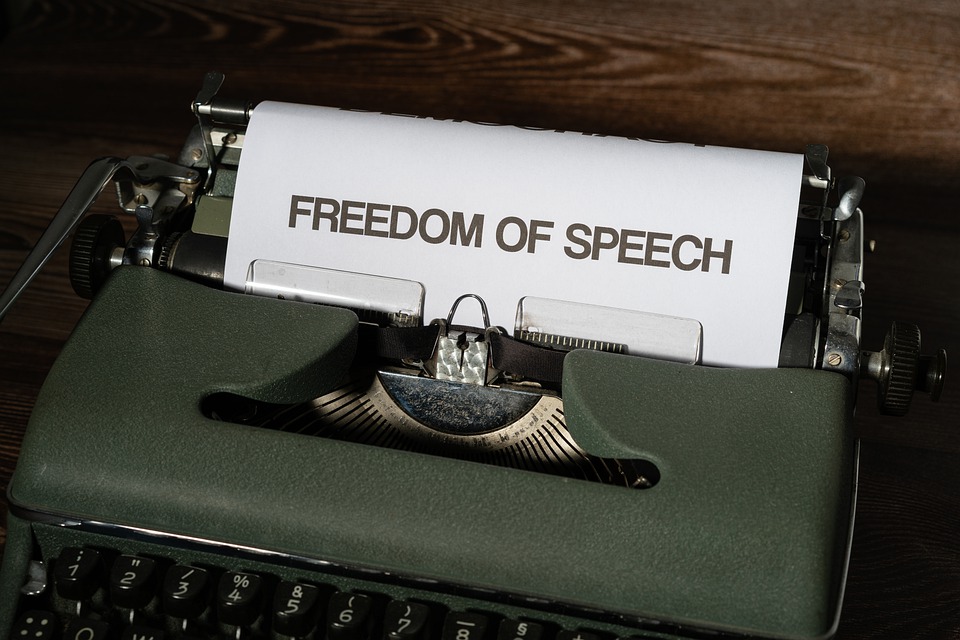The Puerto Rico Status Act calls for a vote choosing among three status options for Puerto Rico: independence, free association, and statehood. It has been approved by the House Committee on Natural Resources and introduced in the House. Congress could vote on it this week, or when they return in September after the August recess when representatives return to their home states.By the time it is passed by the House, there could be changes in the bill, since members of Congress can propose and vote on amendments to the bill. One area where we can expect to see changes is in the requirements for Puerto Rico’s constitution.
The bill says this:
“The constitutional Convention under section 101 shall formulate and draft a Constitution for Puerto Rico that guarantees the protection of fundamental human rights, including—
(1) due process and equal protection under the law
(2) freedom of speech, press, assembly, association, and religion
(3) the rights of the accused;
(4) any other economic, social, and cultural rights as the constitutional Convention may deem appropriate and necessary; and
(5) provisions to ensure that no individual born in the nation of Puerto Rico shall be stateless at birth.”
In other words, the bill calls for the Congress of the United States to set rules for the constitution of a foreign country.
Congress and Puerto Rico’s constitution
Puerto Rico has a constitution. The U.S. Congress approved this constitution after requiring some changes.
This is normal. U.S. territories create a constitution as part of the process of becoming a state. Congress, while the future states are still territories, can require changes in the constitutions of those territories, under the Territorial Clause of the U.S. Constitution. Congress can’t change the constitution of a state.
Congress certainly cannot change or indeed influence the constitution of a foreign country.
If Puerto Rico were to choose independence, even though no status vote has ever seen more than 5% in favor of independence, Puerto Rico would become an independent nation. If the new nation of Puerto Rico decided to limit freedom of religion, the United States could protest, but the new government of Puerto Rico could ignore those protests.
What’s the point of that section of the bill?
It is clear that this section of the bill could not be enforced. What’s the point of writing it? The bill explains how a new nation of Puerto Rico will elect delegates to a constitutional convention, hold the convention, develop a constitution, and replace the Governor of Puerto Rico with a new head of state.
Perhaps the point is to give the impression that voters know what will happen when Puerto Rico becomes independent. Actually, voters cannot know what independence will be like or what free association will be like, because in either case, the new government will make those decisions. Treaties will be negotiated, new governments will be formed, and new laws will be passed.
Voting for separate sovereignty will be a vote for a journey into the unknown. U.S. citizenship will not be guaranteed. The U.S. Constitution will not apply to Puerto Rico. Several members of Congress have already stated that they do not intend to limit negotiations between the United States and a new nation of Puerto Rico by accepting the predictions on the bill. Puerto Rico, they have said, will be a foreign country like any other new foreign country, with a blank slate when it comes to the relationship with the United States.
It’s not easy to vote for a blank slate. Promising voters due process and freedom of speech may make it more comfortable for voters to choose independence, but it is a promise that cannot be kept by a U.S. Congress.








No responses yet